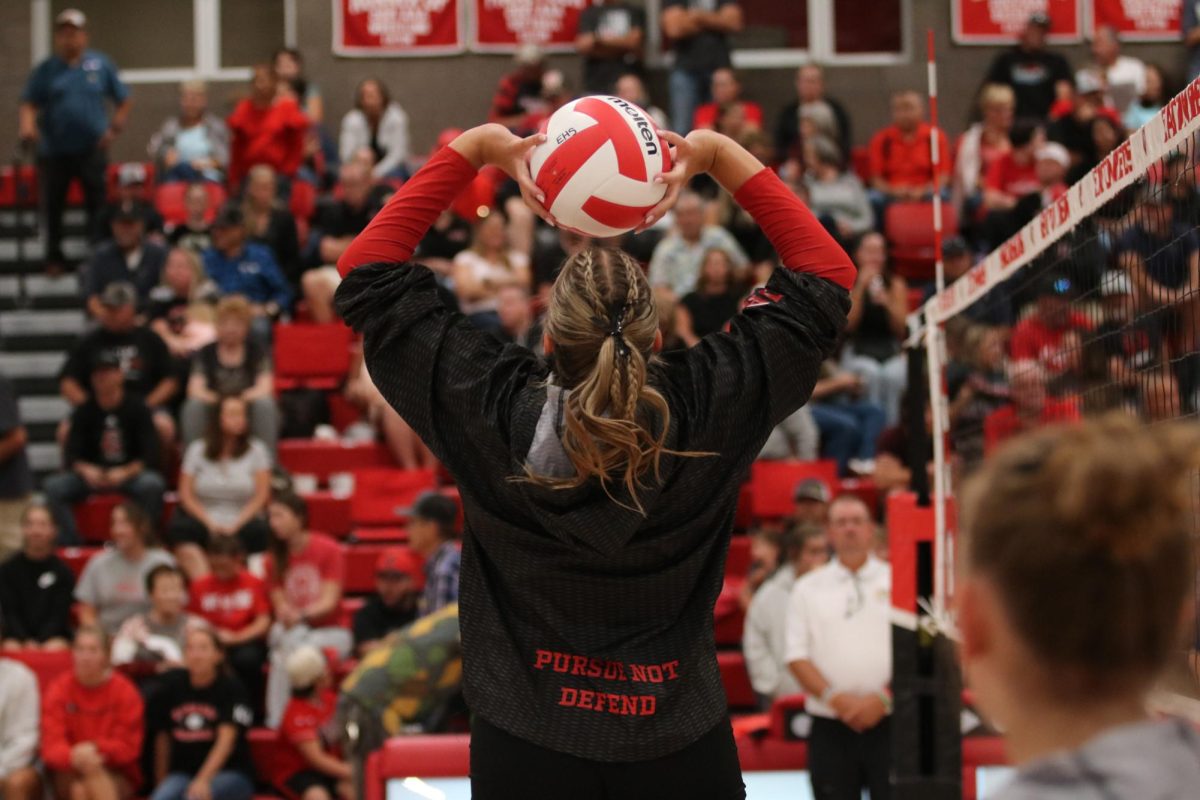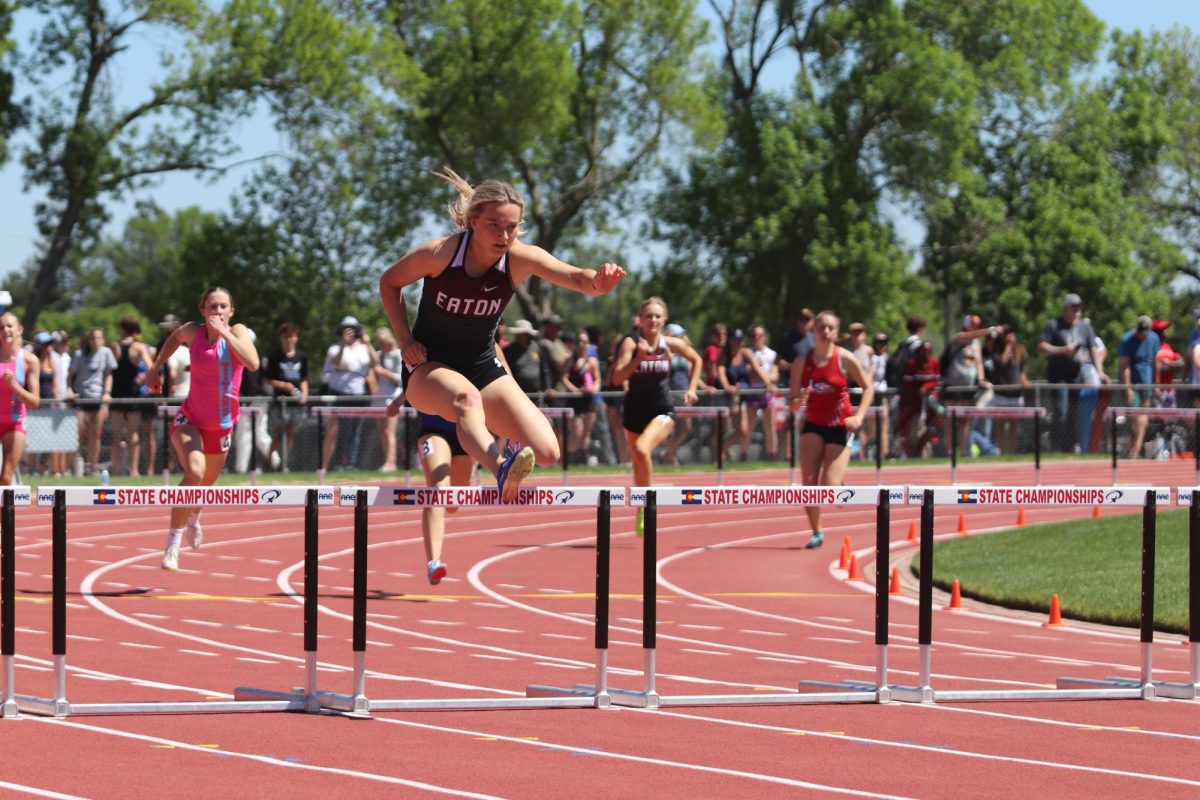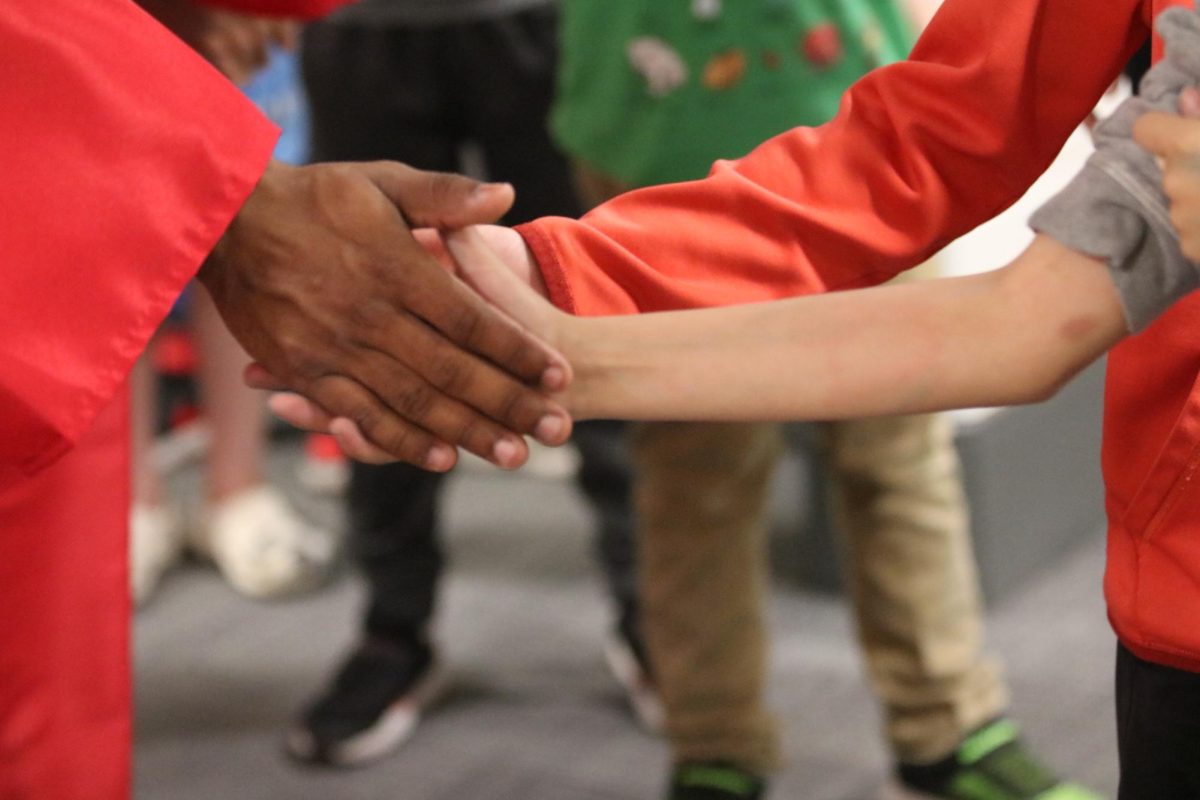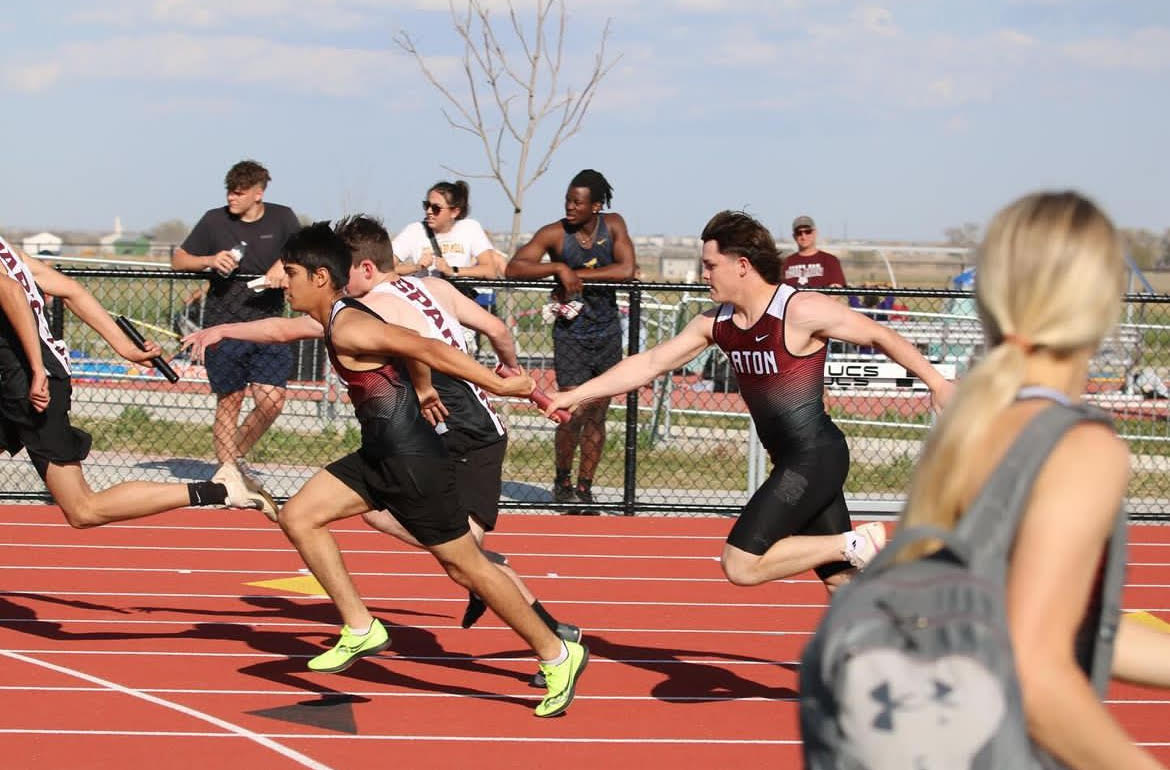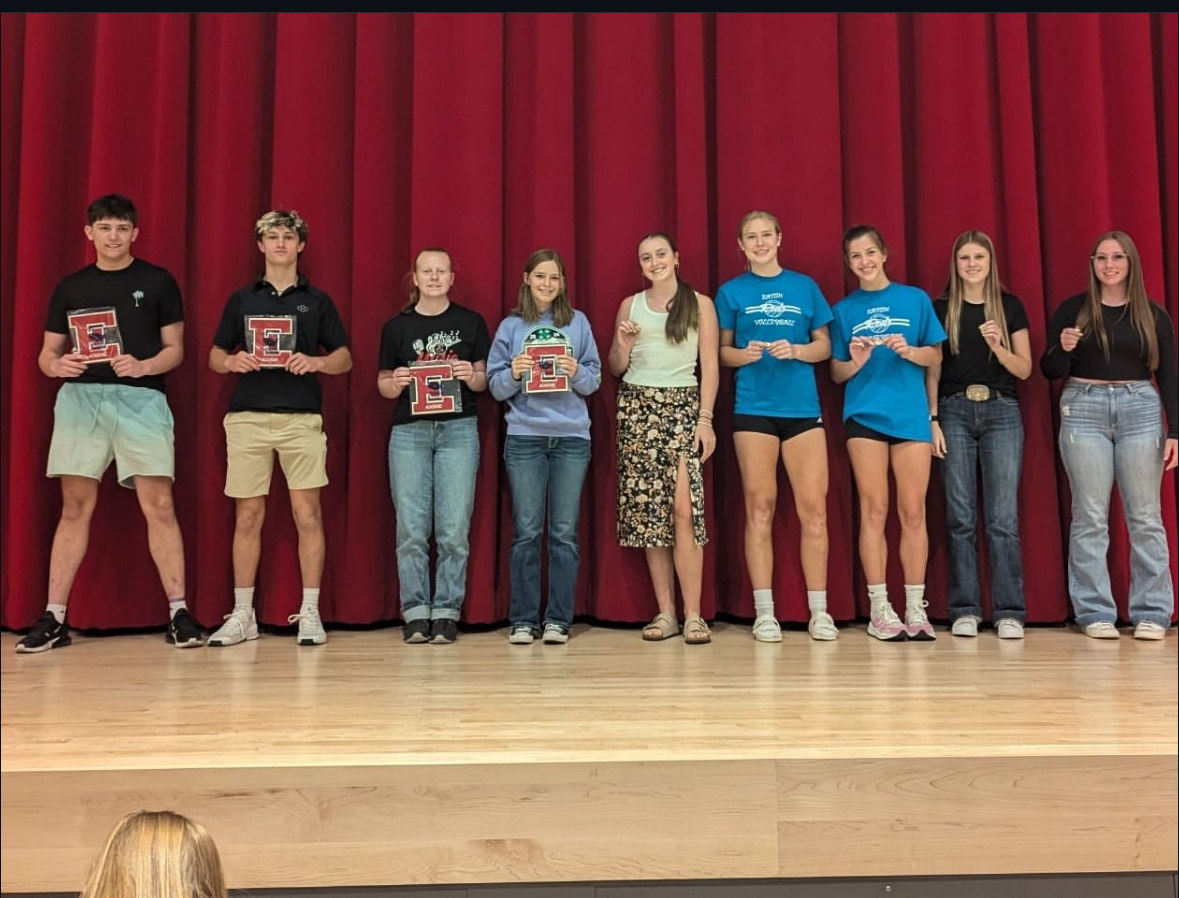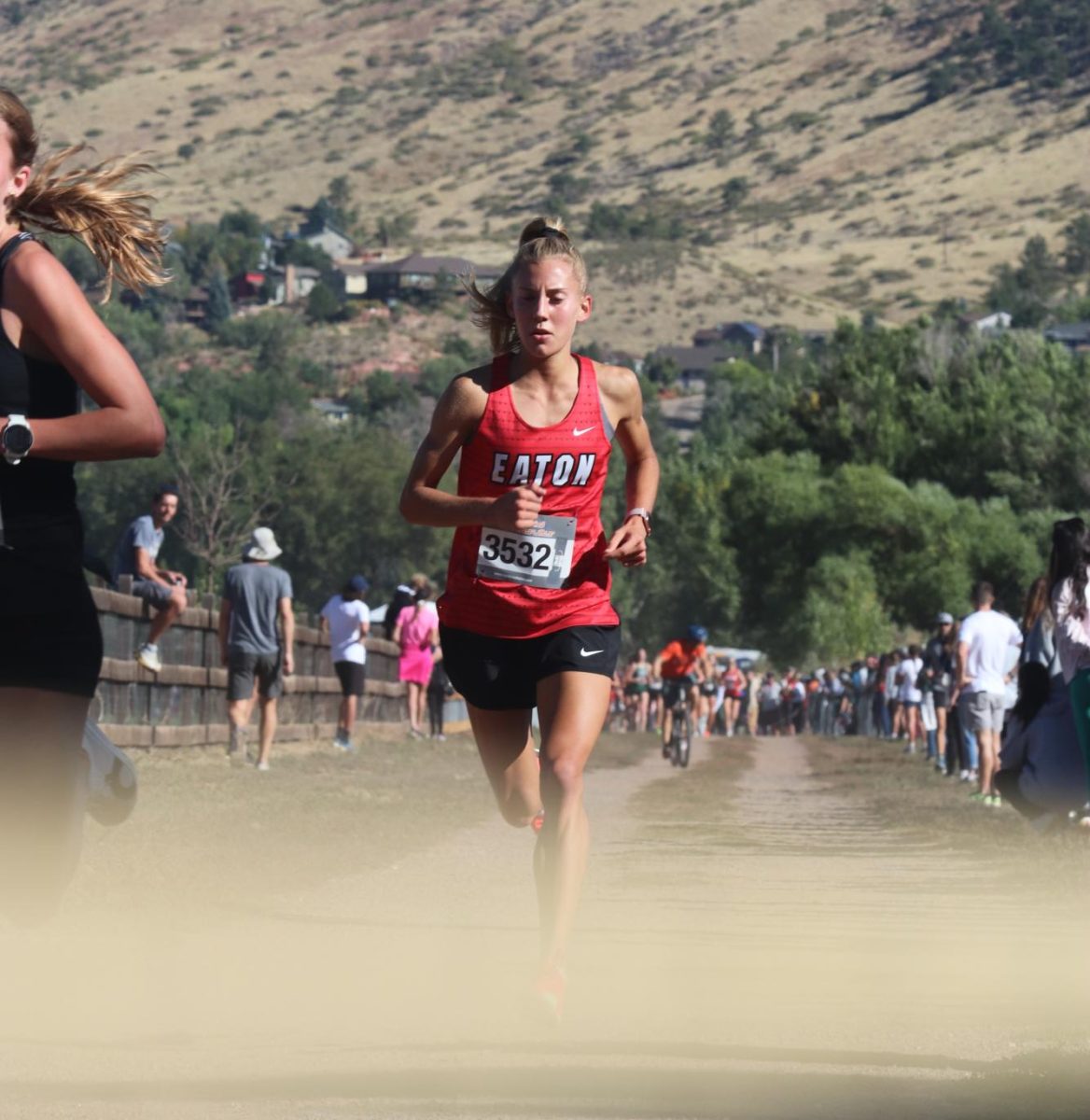Transitioning from middle school from high school is difficult. LINK leaders are there to help this transition by helping with homework, leadership skills, and even personal problems. Then, for three blissful years there are no more major transitions for the majority of high schoolers. Then along comes senior year and applying for a change- college. Help in this transition is scarce as going to college means adulthood and adulthood means living life without much help. There are plenty of how-to books on the subject of the high school-college transition, but thirteen students at Eaton High School have plenty of experience. These students are taking classes at local colleges including Aims Community College, University of Northern Colorado, and Northeastern Junior College. Their advice on succeeding in a college level class requires three things: staying committed, putting in effort, and asking for help. Zane Cooper (15) said the biggest challenge was staying “committed” because the coursework is twice that of high school. Stephanie Brownlee is taking a Hybrid Animal Science class online through NJC. Brownlee says, “It’s hard to stay committed because it’s hard to find the time to complete the coursework. There’s no one there to remind me to stay focused.” College is not just a walk in the park, the heavy workload means that regardless of the class, effort is the most important asset. For an English class, that effort includes clarification. Elise Cozzens (15) is taking English 121 at Aims Community College in Greeley in order to escape paying the exorbitant prices colleges charge. “Especially in English class, it’s good to know what the professor wants and expects in a piece of writing. Then writing to what they want or how they want it,” Cozzens said. Regardless of the course, staying on top of the workload is important. Tiana Schwartz (15) is taking an online course on Early Childhood Education through Aims, and, even though the course is online, procrastination is ruinous. Schwartz said, “Make sure you’re always looking at what assignments are coming up because they’ll come up all of a sudden and you won’t get them done on time.” Asking for help in a college class varies. Whether it means getting to know the professor or one person in the class, knowing people can be beneficial in a variety of ways. “Before you sign up for classes it is nice to talk to the teacher you are considering to take to make sure you get along, it’s never fun to take a class from a teacher you don’t get along with,” said Hanna Hergenreter (15). Cooper is taking Calculus II at Aims with Tim Been (15). “We car pool everyday for the class and we work together during the class,” said Cooper who works with Been on the homework assignments. Likewise, Cozzens said, “Another important part is to make sure to make a friend in our class because than if you have questions, you have someone to go to or if you miss class someone else to fill you in.” Some help is automatically given to the students, Schwartz said her professor gives students a checklist of the assignments which can save extra work, but it would be easy to forget the checklist. Overall, college is not too foreign; most high school classes are set up to prepare students for success in college. The real challenge is staying committed, putting in the extra effort, and asking for help.
Racking up College Credits
September 22, 2014
Tags:
More to Discover



